Call Us Today tp take Course advice
Join a Job oriented Training at BCRI, with Excellent Placement Track Record.
Clinical trials are conducted in a series of steps, known as phases, each designed to answer specific research questions and ensure the safety and effectiveness of the treatment. Understanding these phases is crucial for anyone involved in clinical research.
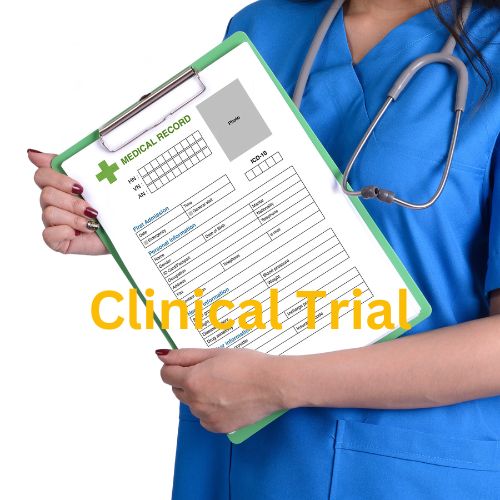
Clinical trials are the backbone of medical advancements, providing the necessary data to ensure the safety and efficacy of new treatments. At BCRI, we are dedicated to offering comprehensive training and education on the different phases of clinical trials, equipping our students with the knowledge they need to excel in this critical field.

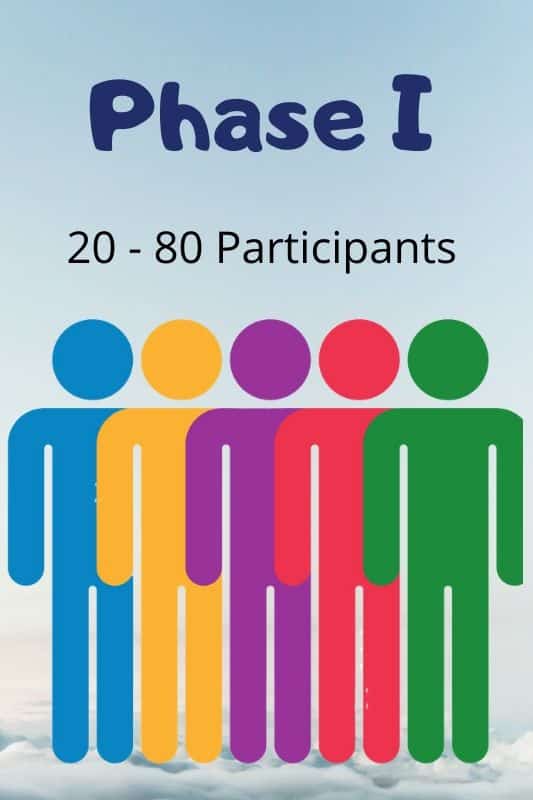
Stage-I is all about the survey the security of medication or gadget. This underlying period of testing, which can take a while to finish, more often than excludes few solid volunteers (20 to 80), who are by and large paid for taking an interest in the examination. The investigation is intended to decide the impacts of the medication or gadget for people, including how it is retained, utilized, and discharged. This stage additionally explores the reactions that happen as measurements levels are expanded. Around 70% of exploratory medications pass this period of testing.

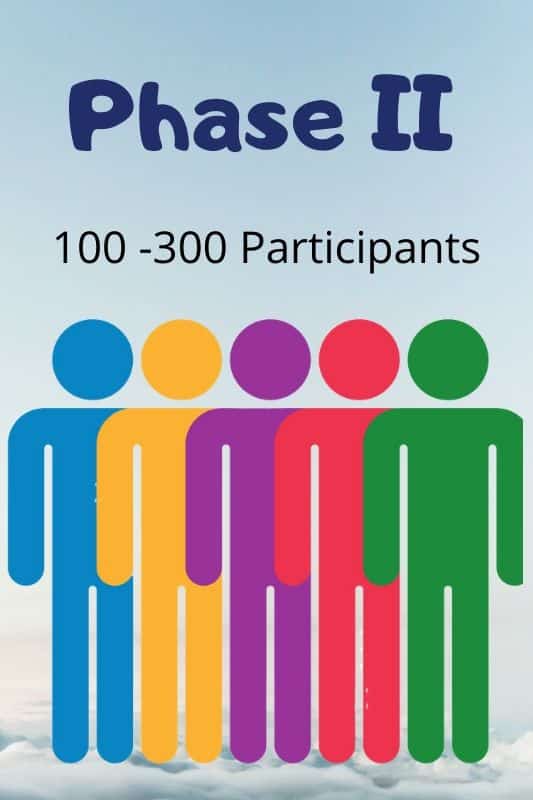
Phase II Checks the adequacy of medication or gadget. This second period of testing can last from a while to two years and includes up to a few hundred patients. Most stage II thinks about are randomized trials where one gathering of patients get the test tranquilize, while a moment “control” aggregate gets a standard treatment or fake treatment. Regularly these examinations are “blinded” which implies that neither the patients nor the specialists know who has gotten the trial tranquilize. This enables agents to give the pharmaceutical organization and the FDA with near data about the relative security and adequacy of the new medication. Around 33% of test sedates effectively total both Phase I and Phase II ponders.

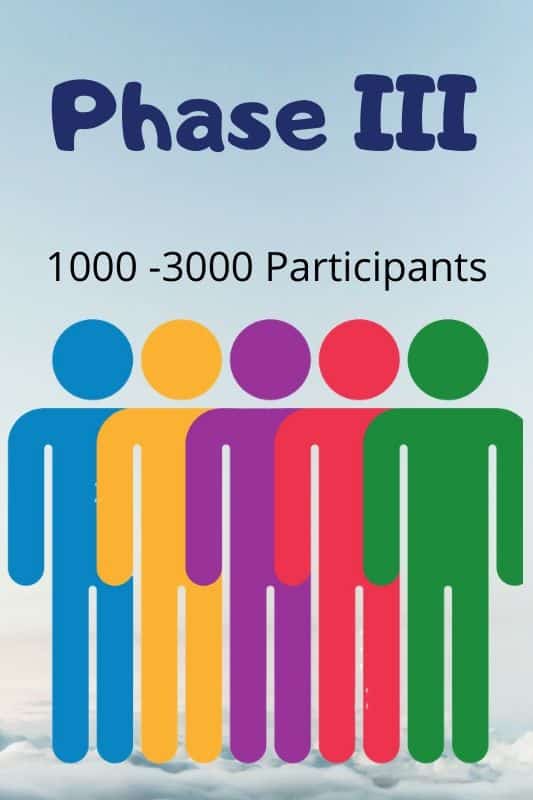
Thinks about include randomized and daze testing in a few hundred to a few thousand patients. This extensive scale testing, which can most recent quite a while, gives the pharmaceutical organization and the FDA with a more careful comprehension of the adequacy of the medication or gadget, the advantages and the scope of conceivable unfavorable responses. 70% to 90% of medications that enter Phase III investigations effectively entire this period of testing. When Phase III is finished, a pharmaceutical organization can ask for FDA endorsement for promoting the medication.

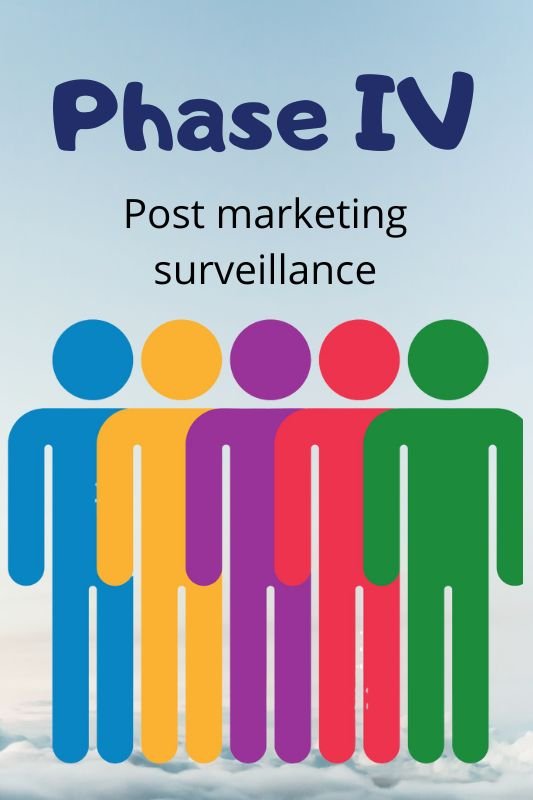
Contemplates, frequently called Post Marketing Surveillance Trials, are led after a medication or gadget has been endorsed for purchaser deal. Pharmaceutical organizations have a few targets at this stage:
Join a Job oriented Training at BCRI, with Excellent Placement Track Record.
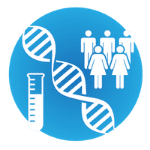
The module will give students an extensive training specific to clinical research associate job responsibilities in accordance with the industrial standards. All the requirements of the CRA will be taught and real-time project or an on the job training will also be provided.
READ MORE…..
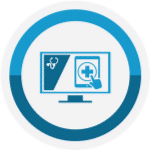
This module will provide aspirants with a solid understanding of the main issues in the design and interpretation of clinical trials. The module will outline the fundamental principles of comparative clinical trials in investigating effectiveness, efficacy and safety of treatments; and compare the benefits of clinical trials in comparison to alternative study designs.
READ MORE…..
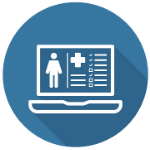
This module will cover issues relating to the on-going monitoring of the data in a study in order that sufficient data are available to answer the trial’s question reliably without recruiting more patients than necessary, or exposing them to unacceptable risks. The module will therefore focus on the ethical context of decisions about whether or not to continue entering Patients into trials.
READ MORE…..
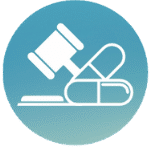
Module will enable aspirants to understand issues surrounding the risks and benefits of drug use in humans including the cause, manifestations and consequences of adverse drug effects (ADEs), the manner in which these are detected and monitored, and the related historic and legal frameworks.
READ MORE…..
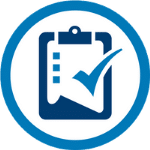
This Module will provide students with a solid understanding of the main issues in the design and interpretation of clinical trials. The Module will outline the fundamental principles of comparative clinical trials in investigating effectiveness, efficacy, and safety of treatments; and compare the benefits of clinical trials in comparison to alternative study designs.
READ MORE…..

SAS training that is designed to train students in applying SAS programming skills to clinical trials. The SAS Clinical training imparts the knowledge and skills required to ensure that clinical data is maintained as per prescribed standards so as to support strategic analysis
Life science, Pharmacy, Medical Graduates & Post Graduates (including BDS, BAMS, BHMS, BPT)
The course duration is 6 months In- class sessions = 6 months & Internship = 2 months(Optional).
Yes, We do have 100% placement Support on successful completion of the course. Each student is entitled to placement assistance. Our placement officer is dedicated to finding a suitable opportunity for each student. We are proud to state within a short duration we have been successful in placing our students in the field of clinical operations as CRCs and process coordinators, as drug safety associates in Pharmacovigilance departments, QA personnel in medical writing departments and as Jr. SAS programmers.
Students who have completed a course in clinical research from any other organization may approach us for internship assistance.
We cannot guarantee that a company will hire you, as it is based on your performance during an interview. However, we do provide 100% placement assistance. till date, we have 100% Placement record.

I thank Bangalore Clinical Research Institute (BCRI) for all the valuable support and guidance.
Teaching staff are excellent with in depth knowledge and highly dedicated towards the students.Career oriented training with specific focus towards interview preparation was really helpful.
Clinical data management course covered all the important topics and was industry oriented.
Course really helped me to answer all the interview questions.

It has been a wonderful experience, completed my Pharmacovigilance and Clinical Data Management certification in BCRI (Nagarbaavi Branch). The trainers were very good, patient and very helpful throughout the course.

It was an amazing course. Although it was intense, full of different sessions it worths and I’m so satisfied . The tutors were well-trained, knowledgable, patient, friendly and helpful. They guided us in the best way . Thank You BCRI.
Address: 19/19 Chandrodaya Complex, 2nd Floor, 24th Main, Agara Sector 1, HSR Layout, Bangalore, KA 560102, India.
Ph: +91 9403890582
Email: [email protected]
Mon to Fri: 9.00 AM – 6.30 PM
📲 Access BCRI Learning Platform on
WhatsApp us
Our Team would love to Guide you to select the right course here .
